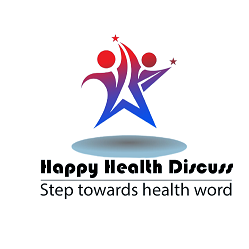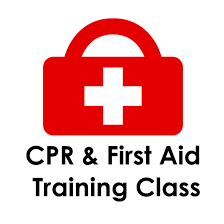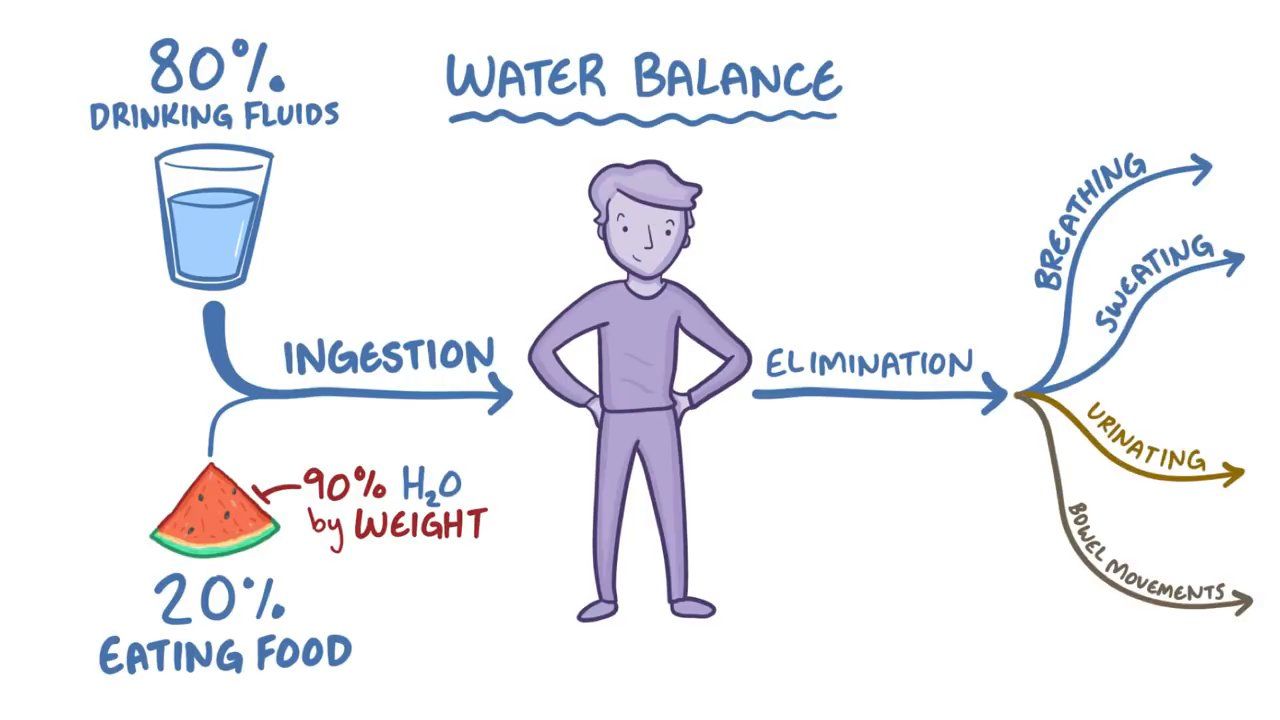Essentially, disability services are government and institutional services that are designed to help people with disabilities participate in society and community life. There are various kinds of services available, including the National Disability Insurance Scheme (NDIS), the National Companion Card scheme, and the Division of Disability Services.
Yeshiva University
The Office of Disability Services (ODS), at Yeshiva University, is a valuable resource for students and faculty members. ODS offers a variety of services and procedures to help students with disabilities succeed in their education.
The Office of Disability Services works closely with students, faculty, staff, and students to create an inclusive campus environment that is accessible and inclusive for students with disabilities. The Office also provides reasonable accommodations that are individualized and based on the student’s needs.
The Office of Disability Services is a member of the Disability Awareness Committee, which is comprised of representatives from various campus departments. This committee aims to educate students, faculty, and the community about the ADA. It facilitates classroom discussions on the ADA.
The Makor College Experience Program is a three-year non-degree program for young men with intellectual disabilities. The program offers students a specialized education and a supportive community. The program was developed by former Yeshiva University undergraduate student David Glicksman.
The program’s mission aims to provide a supportive and educational environment that prepares students with intellectual disabilities for higher education and employment. It also provides students with life-skills education that prepares them for their future. Students can participate in campus clubs like Music Verse or Improv Club. Students have the chance to work on campus and in local organizations.
Cottey College
Regardless of your disability, Cottey College Disability Services can help you reach your academic and personal goals. The Cottey College team works across campus to provide accessible information, programs and accommodations for students with disabilities. To ensure full integration of students with disabilities, the team encourages self-advocacy as well as Universal Design.
Students with disabilities are encouraged to complete an assessment of their needs and interests. The coordinator of disability services will help students identify accommodations for equal access. To arrange accommodations, students should make an appointment with the coordinator as soon possible. The Kolderie Center houses the coordinator.
The Coordinator of disability Service in Melbourne also provides strategies for self-advocacy. The College does not discriminate on the basis of age, race, or national origin. Students are also encouraged to attend orientation sessions before classes begin.
Cottey College offers a variety of student services, including health services, campus safety, and a 24-hour emergency telephone. Apartment-style suites are available as well as single and double rooms in residence halls. The residence halls are equipped with a kitchenette and living room. Each hall can accommodate between eight and fourteen students.
Students with disabilities may also register with the Office of Student Disability Services. Students can also access Disability forms and documents via the College’s online Disability Resource Center. These forms and documents include the Student Disability Services Handbook, information on creating disability documents, and articles on disability activism.
Division of Disability Services
Whether it’s a disability, disease, or aging, the New Jersey Division of Disability Services has your back. It’s the perfect place to find information about state-related services, programs, or resources.
Its mission is to improve lives of people with disabilities. They accomplish this by providing services and programs that allow them to live more independently in the community. The Division also manages programs that support caregivers, improve health, and help fund research and development. The Traumatic Brain Injury Fund is also managed by the agency.
The agency also manages the New Jersey Disability Health & Wellness Program, which is a collaboration of state agencies that aims to fill gaps in the state’s health care system. The program’s mission is to improve state surveillance activities and improve health care access for individuals with disabilities.
In addition, the Division of Disability Services also provides the New Jersey’s largest resource directory, which lists numerous disability related services and programs. Their mission is to improve lives for New Jersey residents with disabilities through services and programs that enable them to live more independently.
The agency also carries out the more mundane tasks such as administering a plethora of home and community-based service programs. They also maintain a list of designated screening centers, and administer the New Jersey’s largest grant program, the Lifeline program.
National Disability Insurance Scheme (NDIS)
Currently, the National Disability Insurance Scheme (NDIS) supports approximately 500,000 people with disability, aged under 65, including children with developmental delay. It also funds therapies, equipment, and home modifications.
The NDIS is designed to allow individuals with disabilities to live a full and fulfilling life. This is achieved by giving people more control of their funding and helping them to gain new skills and experiences through volunteering and employment. People with disabilities can also use the NDIS website to find services in their local communities. The NDIS website provides information about the services available in each state or territory.
The scheme is administered by the National Disability Insurance Agency. The NDIA works with families and individuals to develop individual funding packages. These packages are based on the individual’s needs and circumstances.
The NDIS has a unique insurance-based approach. This approach is based on actuarial analysis. It also provides flexibility to allow the scheme to meet changes in the needs of participants.
During the roll out phase of the scheme, there have been challenges. Some trial sites were limited by their geographical location.
The NDIS has provided funding to people with severe disability. These individuals suffered an illness at an earlier age and had a greater social disadvantage. They were not adequately funded by the previous disability services.
In November 2018, the NDIS Complex Support Needs Pathway (NDIS Complex Support Needs Pathway) was announced. This pathway provides significant support for NDIS participants. It also supports people who might need to enter aged care.
National Companion Card scheme
Currently, there are Companion Card programs in all states and territories. These programs are designed to remove financial barriers for people with disabilities. It makes it easier for people who have disabilities to participate in community activities.
The Companion Card is a credit card-sized photo ID card that lists contact details for the holder. It can also be used to purchase tickets at participating venues. This program promotes fair ticketing and eliminates the possibility of paying double admission fees.
The Companion Card is endorsed by the ACT Government as part of its commitment to equal participation for people with disabilities. It is also part of the National Companion Card Scheme which brings together companion cards programs from all states and territories.
The Companion Card was created to assist people with disabilities in accessing attendant care support. This includes significant assistance with mobility, self-care, and self-care. The card provides significant assistance in planning and communication. However, it is not a discount card. It is an independent service that is provided at no cost.
The ACT Companion Card program is administered by the Community Services Directorate, a part of the Access Canberra agency. This organisation was established in 2009. It is a recognized national program in all states.
Although the Companion Card does not offer discounts, it does grant free access to certain venues and activities. It can also be used to fulfill anti-discrimination obligations.
National Auslan Interpreter Booking Service
Currently, the National Auslan Interpreter Booking Service provides free interpreters for deaf and hard of hearing people. However, the service will soon be transferred to the National Disability Insurance Scheme (NDIS).
You can still get a free interpreter at your medical appointments if you are deaf or hard-of hearing. It is recommended that you call 1800 800 110 to find out more about the service.
The National Auslan Interpreter Booking Service is an accredited service that provides interpreting services for the Deaf and hard of hearing. It is a free service that will continue until 31 March 2021. If you are a Deaf or hard of hearing person and are under 65 years of age, you can apply for the NDIS.
The National Auslan Interpreter Booking and Payment Service provides accredited Auslan interpreters for Deaf and hard of hearing people who are visiting private healthcare practitioners for health care appointments. This service is funded by the Commonwealth Government. It will transfer to the National Disability Insurance Scheme on 1 July 2020.
The Deafness Forum of Australia presented a case to the Government requesting that current arrangements be maintained. They were concerned that 700 hard of hearing and deaf people, who are not members of NDIS, would lose access to the service. The Government accepted their advice and agreed that access to the service would be guaranteed until 31 March 2020.











